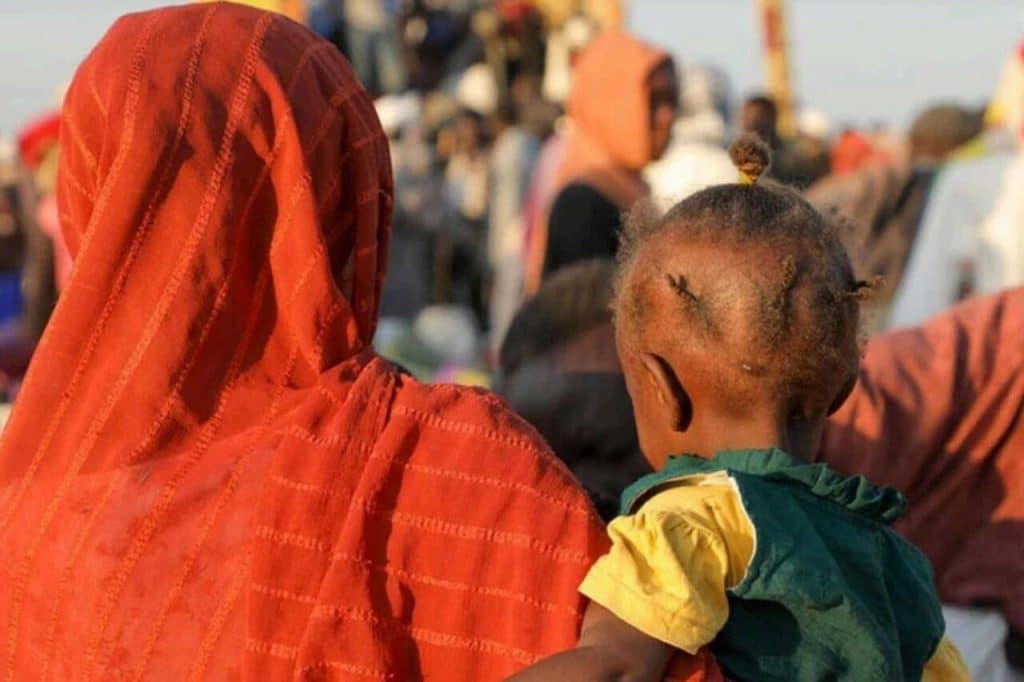Africa: Never-ending cycle of despair.
Recent events in Sudan, Tanzania, and Nigeria have raised the question for many: why is a geographical area that many call the Black Continent, a land rich in resources but poor in terms of stability and security, welfare, and existential security of its inhabitants, caught in an endless cycle of violence?
In recent days, the African continent has once again faced a new wave of unbridled violence and bloody conflicts; violence that has claimed the lives of thousands of people and whose heartbreaking images have gone viral on the media and social networks, shocking many.
In Sudan, the capture of the city of El Fasher by the so-called Rapid Support Forces (RSF) in late October 2025 has been accompanied by horrific reports of the mass killing of hundreds of civilians, all kinds of violence, aggression, and looting.
The United Nations speaks of “unimaginable crimes” and estimates that more than 140,000 people have fled and been displaced from the El Fasher and Kordofan regions of Sudan.
The war between the Sudanese Army (SAF) and the Rapid Reaction Forces, which began in April 2023, has left more than 150,000 dead and 12 million displaced. The conflict, with foreign intervention, has turned into a full-scale proxy war and has created a humanitarian crisis. As the conflict has escalated in recent days, social media has been filled with images of bodies in the streets and urgent calls for a ceasefire, attracting global attention, but no practical solution has been found to stop the killings.
At the same time, attacks by Boko Haram and ISIS West Africa Province (ISWAP) have intensified in Nigeria, and in November 2025, a female suicide bomber killed at least 12 people and injured 30 in a Borno fish market. These groups, which have killed more than 40,000 people since 2009, are now allied with armed robbery organizations (Banditiri) and are targeting more than 170,000 displaced people in rural areas.
In this context, US President Donald Trump’s claims that the Nigerian government is carrying out a genocide against Christians have, although denied, highlighted sectarian and ethnic violence and sparked heated debates on social media.
In Tanzania, protests following the disputed October 29 election, in which Samia Soloh Hassan was declared the winner with 97 percent of the vote, resulted in the killing of more than a thousand people by security forces and the arrest of dozens on treason charges. Internet shutdowns and media restrictions have turned the crisis into one of the most intense political tensions in decades, and videos of protesters’ bodies have sparked global outrage and outrage.

